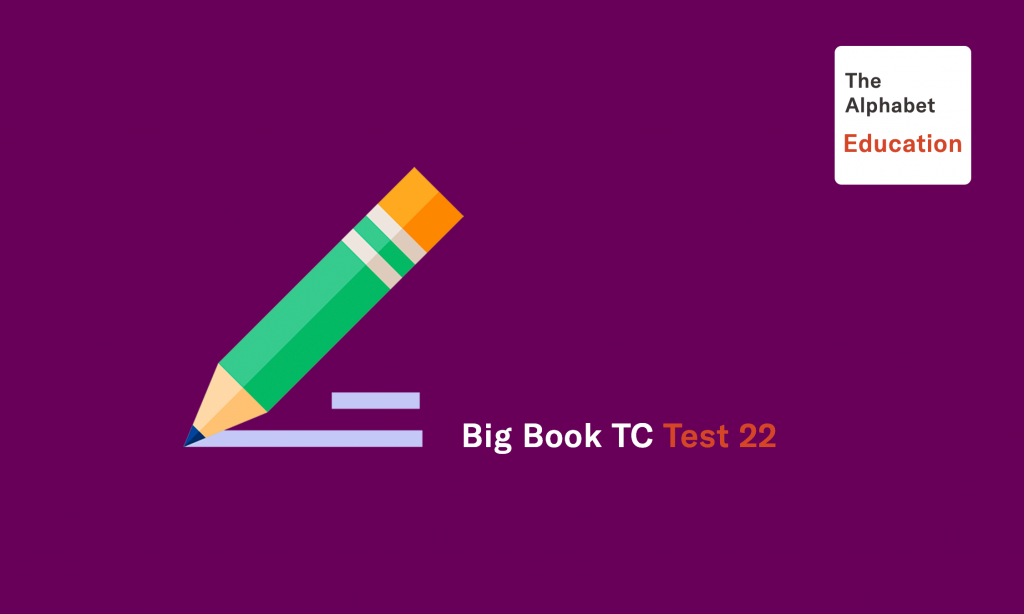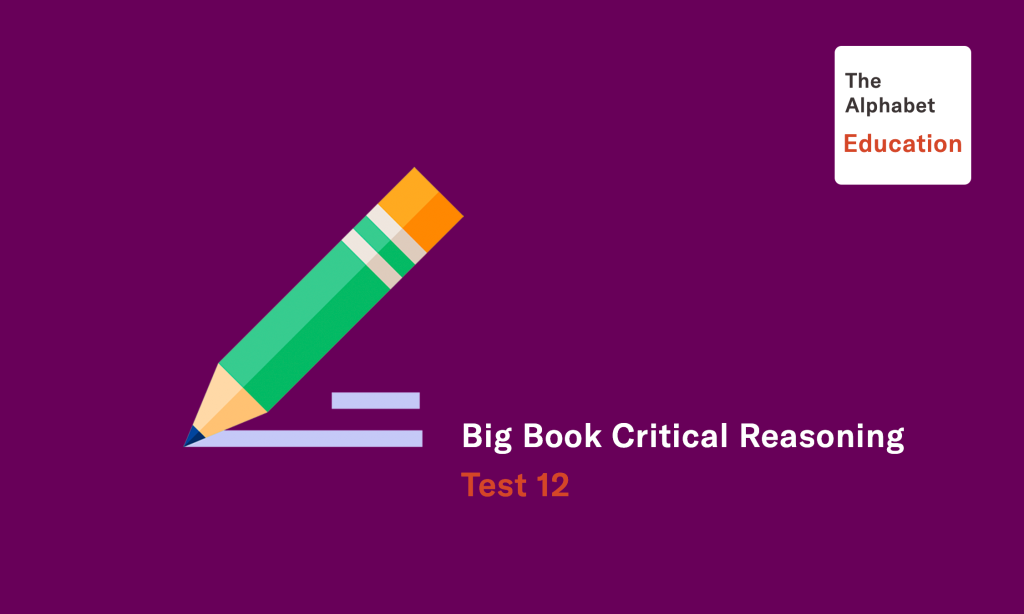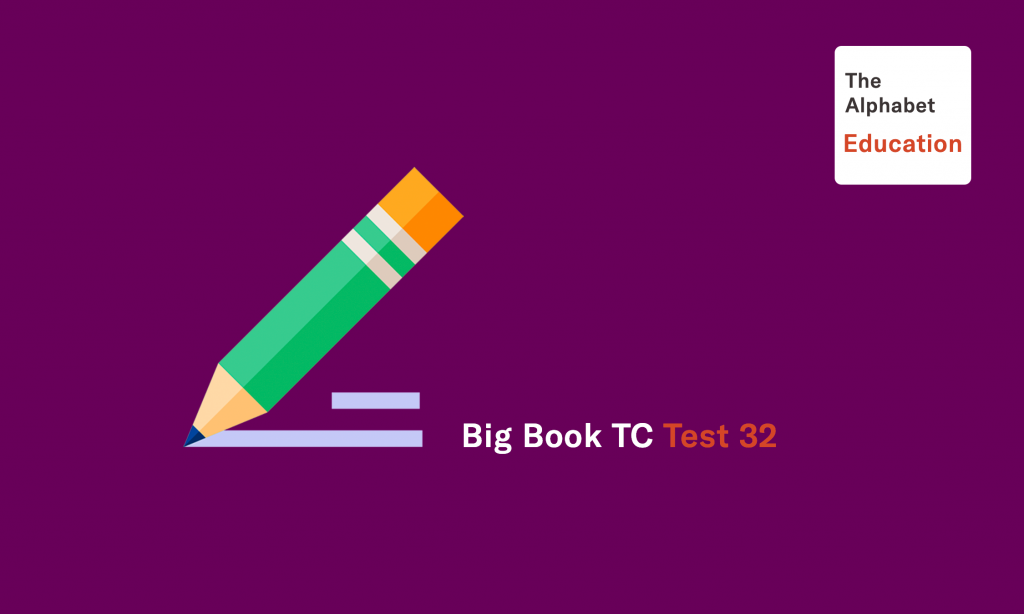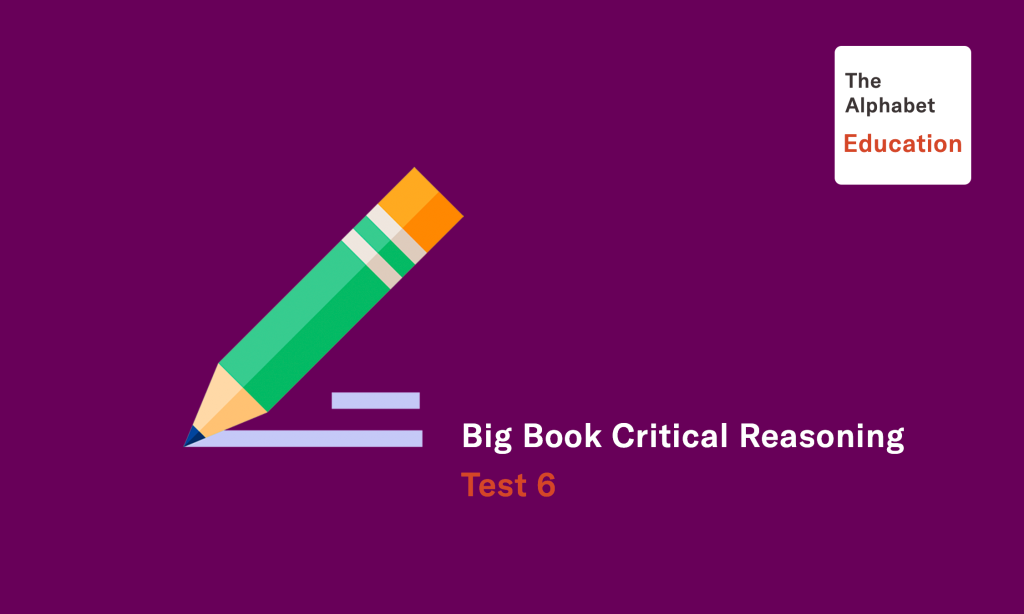GRE Critical Reasoning
Critical Reasoning questions test the ability to understand, analyze, and evaluate arguments. Some of the abilities tested by specific questions include identifying the roles played by specific phrases or sentences in an argument, recognizing the point of an argument, recognizing assumptions on which an argument is based" drawing conclusions and forming hypotheses, identifying methods of argumentation, evaluating arguments and counter-arguments, and analyzing evidence.
Each of the Critical Reasoning questions is based on a short argument, a set of statements, or a plan of action. For each question, select the best answer of the choices given.
A novel by the deceased author Virginia Woolf that, in its manuscript form, was 48 chapters long and contained 200,000 words is being edited and reduced to 30 chapters and 70,000 words. Every word in the book will be Woolfs own, and the chapters will appear in the order in which she wrote them. The published result will therefore be an authentic Virginia Woolf novel.
#1
1. Neither Carol nor Eric will travel by air.
II. Neither Carol nor Eric will travel to Burgundia.
#2
A dog hears higher pitches than a human hears; a cat has a greater capacity to see in dim light than a human normally has; a platypus picks up weak electric signals to which a human is normally insensitive.
#3
In the early 1970’s, when art reached its current high levels of popularity and value, a rash of thefts of works by great artists occurred in major art museums around the world. But, after 1975, sophisticated new security systems were installed in every major museum. As a consequence, important thefts in major museums declined markedly.
#4
The government’s recent policy of reducing payments to hospitals and physicians will, in the long run, actually cost the public more. Every dollar saved by initially providing lower-quality services eventually leads to several dollars spent in caring for subsequent complications.



